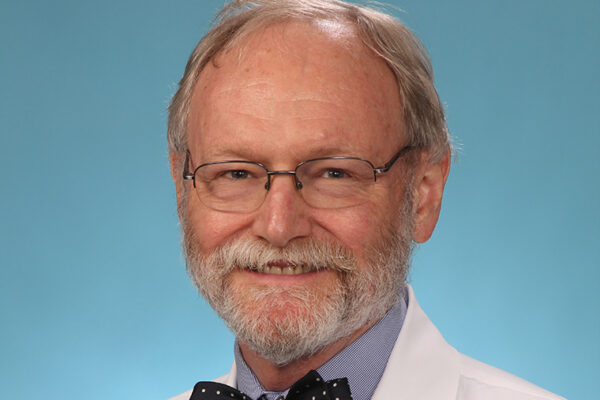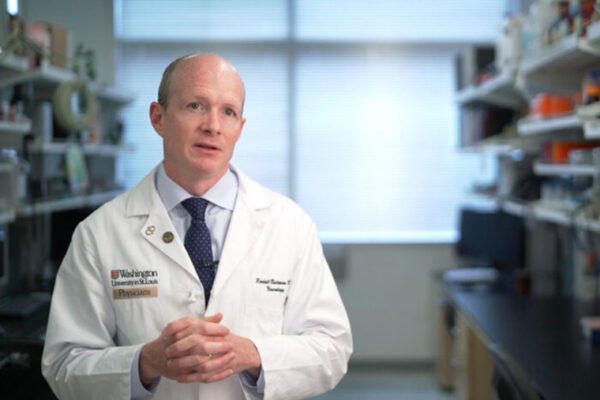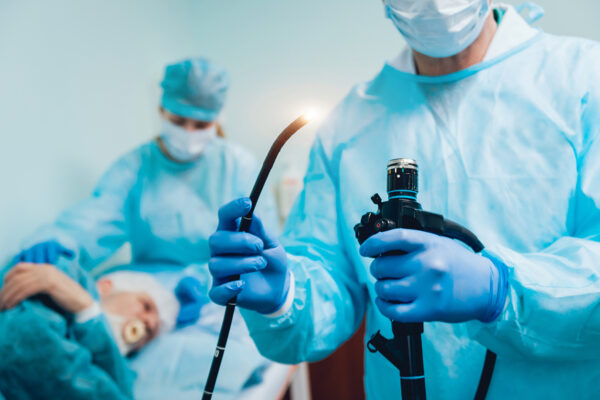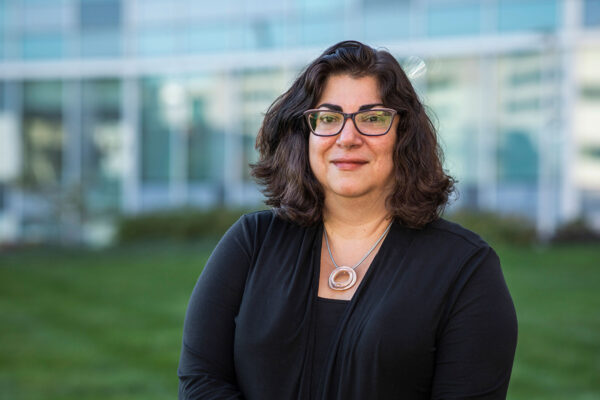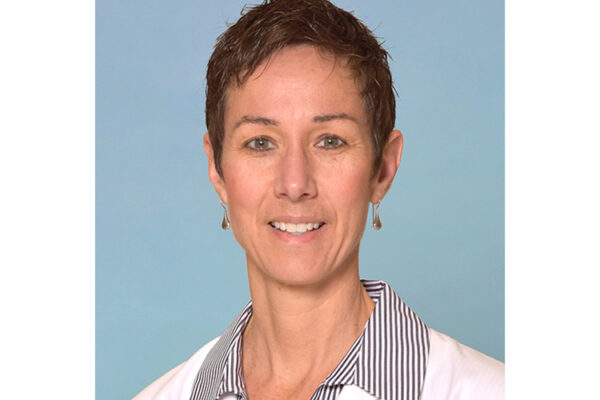Change in breast density over time linked to cancer risk
Repeated mammograms contain data on changes in breast density over time that could help identify women at high risk of breast cancer and even reveal which breast is likely to be affected, according to a study by researchers at the School of Medicine.
Richard D. Brasington Jr., MD, professor emeritus of medicine, 71
Richard D. Brasington Jr., MD, a highly regarded professor emeritus of medicine and former director of the rheumatology fellowship training program at Washington University School of Medicine in St. Louis, drowned April 30, 2023, while fishing in the North Fork River in Ozark, Mo. He was 71.
Bateman to receive lifetime achievement award
Randall J. Bateman, MD, the Charles F. and Joanne Knight Distinguished Professor of Neurology at the School of Medicine, will receive the 2023 Lifetime Achievement Award in Alzheimer’s Disease Therapeutic Research.
Class Acts: Alexandra Zdonczyk
Ophthalmology and health-equity advocacy have uncovered a third passion for Alexandra Zdonczyk: St. Louis. In July, Zdonczyk will begin her residency in ophthalmology at Barnes-Jewish Hospital.
Red flags indicate risk for early-onset colorectal cancer
Researchers at the School of Medicine have identified four important signs and symptoms that signal an elevated risk of early-onset colorectal cancer. The incidence of colorectal cancer is rising in people under 50, making it important to recognize such signs.
Bloodstream infections in preemies may originate from their gut microbiomes
A new study from the School of suggests that some dangerous bloodstream infections in premature infants may be caused by strains of bacteria already lurking in their gut microbiomes.
Discovery suggests route to safer pain medications
Scientists at the Center for Clinical Pharmacology have identified a potential pathway to pain relief that neither triggers addiction nor causes hallucinations.
Stress increases Alzheimer’s risk in female mice but not males
Stress causes the levels of Alzheimer’s proteins to rise in females’ brains but not males’ brains, according to a new study in mice by researchers at the School of Medicine. This difference may contribute to women’s greater risk of developing Alzheimer’s disease.
Woodard named head of Department of Radiology
Pamela K. Woodard, MD, a national leader in cardiothoracic imaging, has been named head of the Department of Radiology, director of the Mallinckrodt Institute of Radiology and the Elizabeth E. Mallinckrodt Professor of Radiology at the School of Medicine.
Early receives research mentoring award
Dayna S. Early, MD, a professor at the School of Medicine, will receive the 2023 Distinguished Endoscopic Research Mentoring Award from the American Society for Gastrointestinal Endoscopy.
View More Stories

